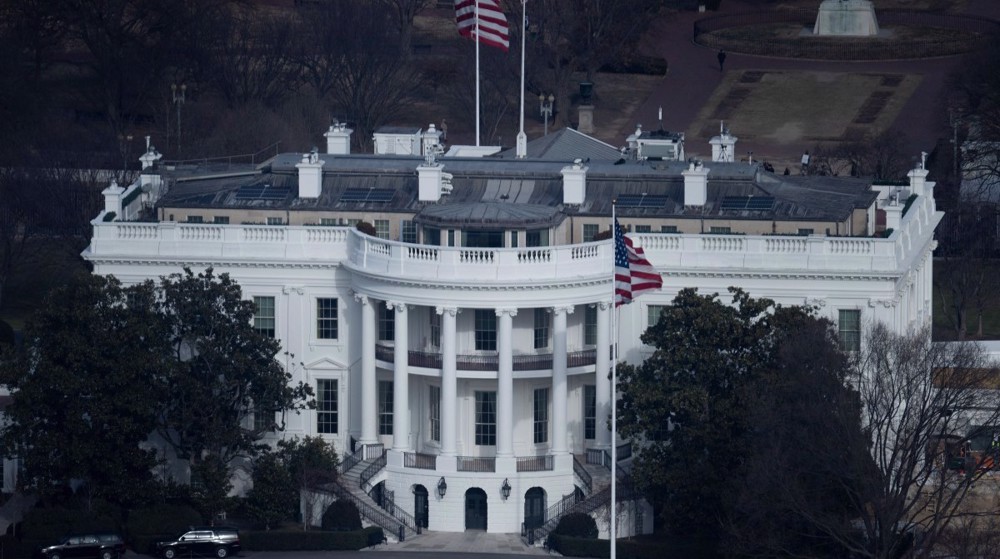Psychology research results often uncertain: Study
Research in the scientific field of psychology is often dubious because it can rarely be replicated by outside experts, a report says.
The US-based journal Science said in a Thursday report that 100 psychology and social science studies that had been published in popular US journals in 2008 were reproduced by 270 scientists.
However, only 39 percent of the experiments redone came out with the same results as the initial reports.
Research involving perception, attention, and memory, and study topics such as people’s social lives and interactions were among the studies scientists conducted again.
Reproducing a scientific experiment and getting the same result every time is one of the cornerstones of science. If a scientist cannot reproduce another's results, then at the very least there is something in the research worthy of further analysis.
"It's important to note that this somewhat disappointing outcome does not speak directly to the validity or the falsity of the theories," said Gilbert Chin, a psychologist at Science, who added, "What it does say is that we should be less confident about many of the original experimental results.”
Brian Nosek, the study co-author from the University of Virginia, said the research showed the need for scientists to continually question themselves.
"A scientific claim doesn't become believable because of the status or authority of the person that generated it," Nosek stated.
"Credibility of the claim depends in part on the repeatability of its supporting evidence," he added.
The problem, according to some experts, may be even worse than the current study suggested.
About 25 percent of psychology papers would hold up under scrutiny, about the same "as what we see in many biomedical disciplines," John Ioannidis, a biologist at Stanford University in Palo Alto, California, told Science magazine.
VIDEO | Sana’a marks February 11 anniversary with mass rally at US embassy site
VIDEO | Iran’s Embassy in Ethiopia celebrates 47th anniversary of Islamic Revolution
Saudi leaders congratulate Iran on 47th anniversary of Islamic Revolution
VIDEO | Iranian embassy in Malaysia celebrates Islamic Revolution anniversary
VIDEO | Press TV's news headlines
VIDEO | Hundreds protest Israeli president's visit in front of Australia's parliament house
Iran officials hail massive rallies marking Islamic Revolution anniversary
Global congratulations pour in for anniversary of Islamic Revolution










 This makes it easy to access the Press TV website
This makes it easy to access the Press TV website